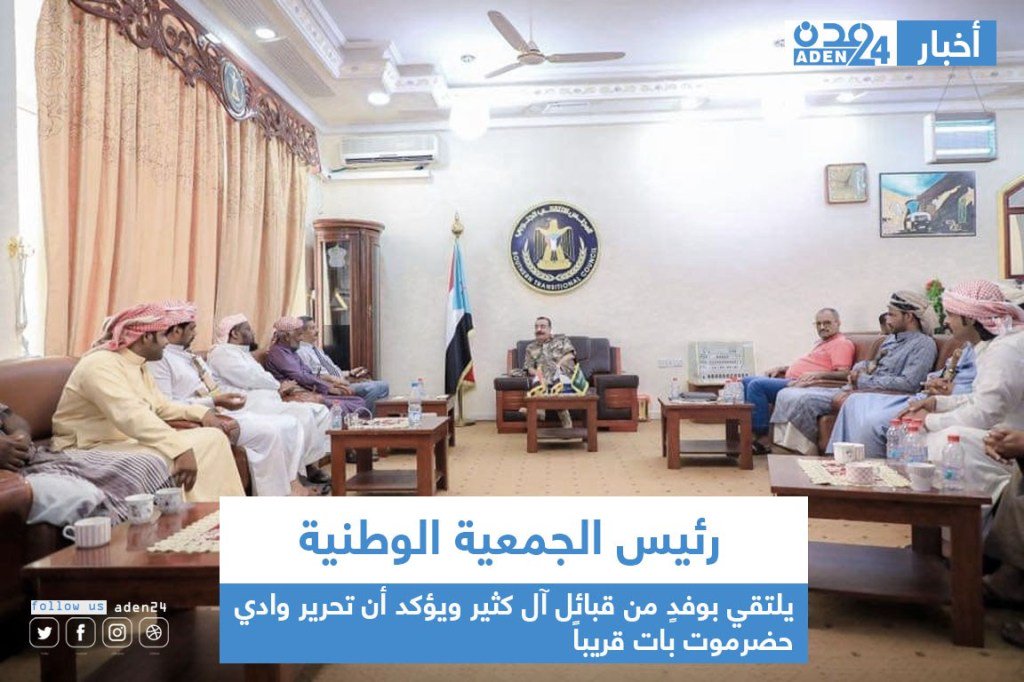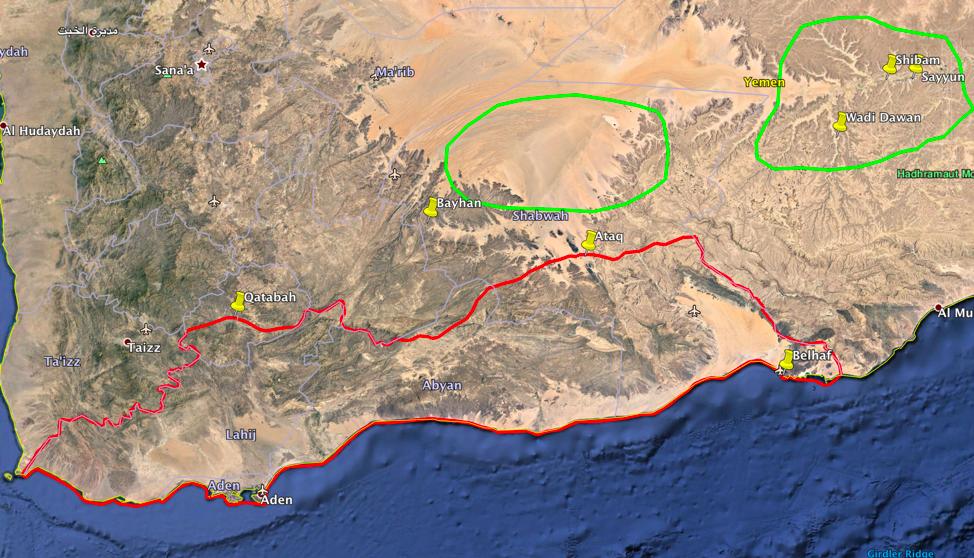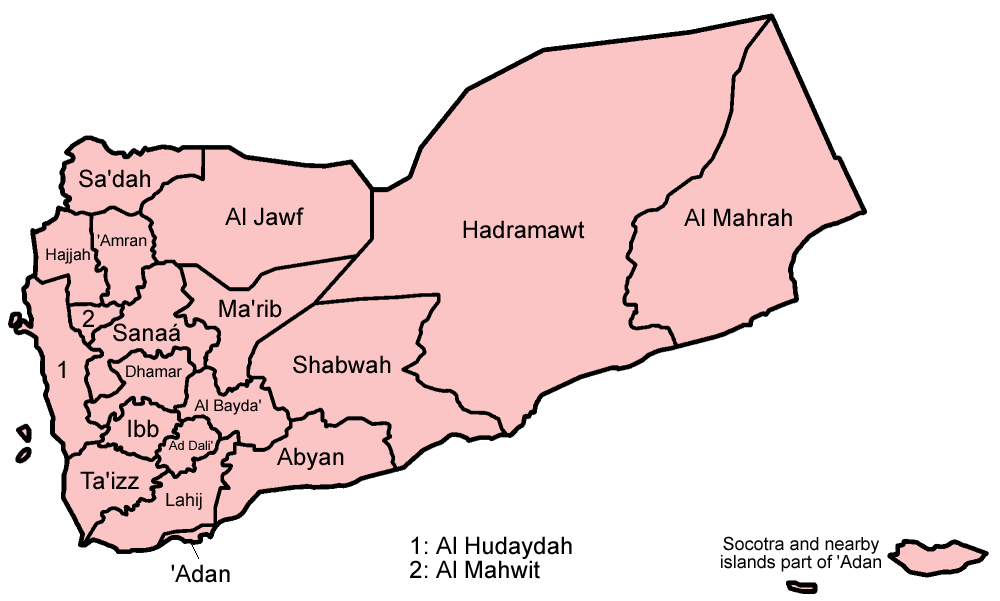
The outbreak of conflict in southern Yemen is rapidly changing the dynamics of the country's four-year-long war. This might seem like a distraction when the main purpose of the Saudi-led coalition is to fight the Houthis and restore the ousted government of Abd Rabbu Mansour Hadi but the new developments are very significant because the two protagonists in the south are both members of the anti-Houthi coalition.
On 10 August separatist forces – trained by the UAE as part of the overall war effort – seized the southern city of Aden from forces supporting the Hadi government and since then appear to have made further advances.
I have discussed the political implications in previous articles and the purpose of this article is to try to assess the situation on the ground: who currently controls what.
Confirmed information is scarce but on Tuesday, the separatists were reported to have made gains in Abyan province, capturing a military camp belonging to the government's special forces in Zinjibar, some 60km north-east of Aden, and also driving out 350 government troops from a camp at al-Kawd nearby (see map).
Aside from military action against government forces, the separatists are also trying to extend their influence by striking deals with local chiefs. For example, according to a tweet today by @mareb_alward, a Yemeni journalist, government forces have now handed over security in the city of Ataq to separatist forces as a result of tribal mediation.

The map above was posted on Twitter by Fernando Carvajal, who formerly served on the UN's panel of experts on Yemen. Carvajal suggests the area marked in red is currently under the control or influence of the separatist Southern Transitional Council.
This area is strategically important – it includes Aden (claimed by the separatists as their capital and by Hadi as his temporary capital) and has access to the sea. However, it doesn't have the benefit of significant natural resources.
Meanwhile, the two areas marked in green – part of Hadramaut province in the east and part of Shabwa povince further west – have oil and are under government control. These were within the boundaries of the former southern state which merged with the north in 1990 and which the separatists are seeking to re-establish. Capturing the oilfields would be of obvious economic benefit to them.
In Aden on Wednesday Major General Ahmed Said bin Brik, head of the STC's National Assembly, received a delegation from the Al Kathir tribes in Wadi Hadramaut who reportedly declared their support. This is the kind of backing the separatists will need if they are to gain full control of the province.

The relevant part of Hadramaut province is controlled on behalf of the government by Ali Muhsin al-Ahmar, an army general who Hadi appointed as vice-president in 2016. Also in that area, Wadi Dawan is seen as a safe haven for al-Qaeda.
The separatists may also face difficulties in Bayhan (or Beyhan) in Shabwa province and Mukhayras in Abyan. The latter is controlled by the Houthis who are well protected by the mountainous terrain.
There are also some potential problems in al-Mahra – the south's most eastern province. It has connections with neighbouring Oman and the Saudis have a military presence there.

 RSS Feed
RSS Feed
